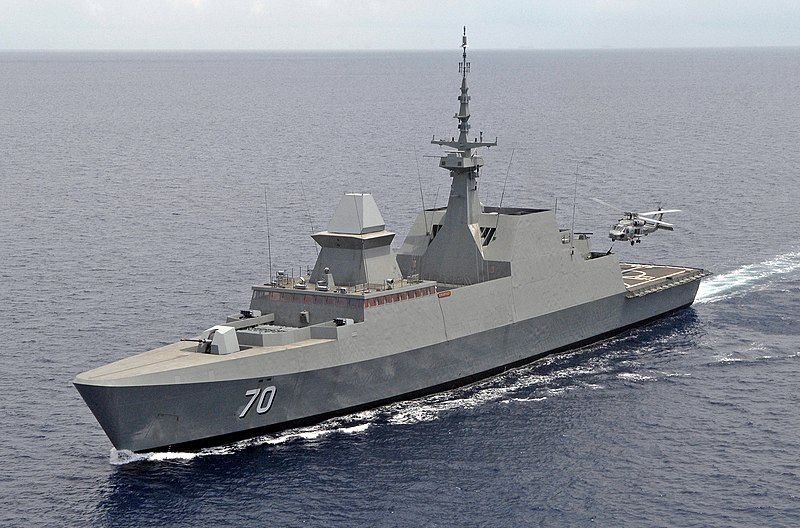By Lisa Daniel
American Forces Press Service
WASHINGTON, Feb. 28, 2012 – The Defense Department’s new strategic shift toward the Asia-Pacific region will solidify longstanding partnerships, build on newer ones, and allow the military to address security challenges in the area, the commander of U. S. Pacific Command said today.
Navy Adm. Robert F. Willard outlined the command’s budget priorities to the Senate Armed Services Committee. Willard noted it was his last planned testimony before the committee before his impending retirement.
The Pacom region covers half the globe, including 36 nations, and contains most of the world’s great national powers, Willard noted. The U.S. military has five strong partners in the area – Australia, Japan, South Korea, the Philippines and Thailand – and is advancing important relations in India and throughout Southeast Asia, he said.
As evidenced by Pacom’s March 2011 response to the earthquake, tsunami and nuclear meltdown in Japan, Willard said, the command’s close cooperation with its partners, as well as its interoperable military systems, make it a quick and solid reaction force in the most difficult situations.
North Korea continues to threaten stability in the Asia-Pacific region, and there is no indication that its new leader, Kim Jong Un, will break from the totalitarian leadership of his deceased father, Kim Jong Il, Willard said. “He is a Kim,” surrounded by the guidance of older relatives, he added.
Meanwhile, China “continues to be a challenge at many levels,” the admiral said. Military-to-military relations “are not what they should be” with China, although they are progressing, he said. China’s army “is advancing capabilities at an impressive rate,” he said, and continues to challenge other Pacific nations in the sea, air and space.
“It’s growth unabated,” he said. “They continue to grow capabilities in virtually all areas.”
There has been increasing demand from Asia-Pacific nations for the U.S. military to reposition itself there after pulling away during 10 years of war in Iraq and Afghanistan, Willard said. While U.S. air and sea power stayed relatively stable, he said, ground forces were reduced by 10 percent.
“The amount of encouragement that has come from virtually all actors in the region for U.S. staying power and increased engagement in the region was the perception in the past decade that our presence was diminished,” he said. “That refrain has not stopped.”
Asia-Pacific nations broadly recognize that the U.S. military will downsize after 10 years of war, as it historically has done, and that the country’s debt and deficit problems will affect the amount of resources it can devote to the region, the admiral said.
Willard also said he is not concerned about a drawdown of aircraft and other assets, because the recommendations were built on sound military strategy. That said, he added, military leaders must keep a watchful eye that the repositioning remains in keeping with operational needs.
One of many needs of the U.S. military in the Pacific region is maritime security and access, Willard said. About $5.3 trillion in commerce flows through the South China Sea -- much of it belonging to the United States – and at least six Asian nations struggle to control it, said he noted.
“What makes China unique is that they’ve laid claim to virtually all of” the maritime routes around Asia, and continue to challenge military and commercial ships, Willard added.
Still, he added, even as power struggles ensue, particularly in Southeast Asia, “from a regional, economic standpoint, China’s rise has benefitted us all.” China is the No. 1 trading part of most of the Pacific nations, he said.
An increasing U.S. presence in the Asia-Pacific region is not just about the economy, but also about the growth of democracies there, the admiral said. “There are a lot of U.S. values that are highly regarded in the region, and our form of governance is one of them,” he said.
The admiral said he is aware of a proposal to put one of three pre-positioned Marine Corps squadrons in the Pacific on decreased readiness status, but said they will not be on Guam or Diego Garcia. The 2012 National Defense Authorization Act requires the Marine Corps commandant and secretary of defense to certify that the change will not affect readiness.
He also said the United States is at a disadvantage by not signing on to the Convention on the Law of the Sea Treaty. Willard noted that the United States has adhered to the legal framework of the treaty since 1994, and believes that elements of the convention, namely commercial provisions, that caused it to be set aside in the 1980s “have all been corrected.”
“This is so important,” he said. “We believe strongly that the United States must have a voice in this and a seat at the table,” noting that China is involved in the process.

 Tokyo May Cancel Order for U.S. Combat Jets if Price Rises
Tokyo May Cancel Order for U.S. Combat Jets if Price Rises













_Logo.jpg)














